April is Credit Union Youth Month, and Carolina Trust is celebrating in full swing like we do every year. This year's official youth month theme is "Save Small. Dream Big. at your credit union™, and one day you may have enough to fulfill a financial dream!" This theme makes saving for the future fun and encourages younger members to create financial dreams and work hard to see them through.
Youth Month is a great annual opportunity to engage with our young members and teach them about important financial topics. Taking topics like credit, investing, and budgeting and putting them into terms that kids can understand can be tricky, so I'm here to help!
In this blog post, I will try to explain the concept of credit by comparing it to a library book. If you're not already a cardholder at our public library, now is an excellent time to become one. Not only will your child get to do a bit more reading, but you can use the experience to explain the concept of credit.
How is Credit Like a Library Book?
Like you would a loan, line of credit, or credit card, you have to apply for a library card before you can begin checking out books. The qualifications for a library card include living, working, paying property taxes, or attending school in Horry County. Once you apply and qualify, you'll receive a Library Card that you can check out books with, similar to applying and receiving money with a loan, line of credit, or credit card.
The Librarian allows you to use your library card to check out books and trusts that you will return them on time. If you return your library book by its due date, you won't have to pay any fees and can check out another book. However, suppose you are late on returning a book. In that case, the library will charge you a fee until it is returned and may be wary of lending you a book in the future, if they give one to you at all.
The same is true about credit and credit cards. Lenders trust that you will pay them back by the payment due date when you borrow money with a loan or credit card. Like the library, lenders will add late fees or interest to the monthly bill if the borrowed money is not repaid on time.
Late payments may also make lenders uncomfortable lending money to you in the future.
I hope this example makes teaching the kiddos in your life about credit a bit easier. If you're looking for more tips and activities for talking to kids about finances, check out the CUNA Youth Month page on our website.





